What Are My Best Options If I Need to Back Up Tonsof Data?
Posted: Monday, May 2, 2016 by Tyler Durden in Labels: pc
0
What Are My Best Options If I Need to Back Up Tonsof Data?

If you've considered backing up your entire DVD collection, or duplicating your hard-drives-full of RAW photos in case of electromagnetic terrorism, then you've looked at your backup options before. The thing is, there is no one single best way to backup tons of data. But there are several ways to protect yourself from data loss disaster. The experts at Q&A network Stack Exchange weigh in.
Question:
I have many DVDs full of movies and games. They are getting old and dusty and some of them are damaged. In addition to that, I have more than 300 GB of general files in my PC. In total, I think I have about 800 GB of data. I want to store and preserve all of it and keep it for a long, long time.
What is the best and most reliable storage media?
Top Answer: Embrace Redundancy
The simple answer is: multiple copies. Whatever else you do, don't trust any single media, location or service.
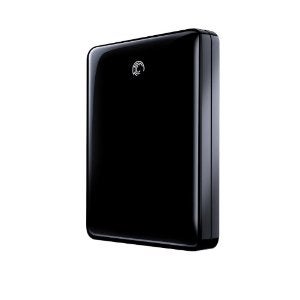
Personally, I currently use external (USB-connected) hard disks for backup purposes. A 2-3 TB drive can be sourced quite cheaply and will provide you with plenty of storage capacity for reasonable future needs. At the physical size of roughly a large paperback book, it will easily hold the content of 200-300 movie DVDs without further compression. Buy two or three if you are paranoid, and if you do, purchase one from a completely different manufacturer (mix Seagate and Western Digital, for example, since they are unlikely to use disks with the exact same design or manufacturing defects).
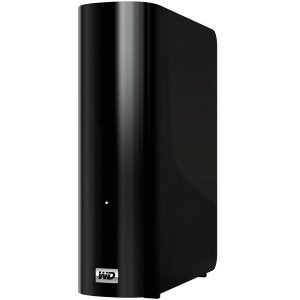
And keep at least one of them in a physically separate location - a bank safety deposit box is a relatively cheap alternative that will give you physical security as well. If you can arrange to be able to refresh an off-site copy without bringing it to your own location, that is even better. If any of the content is privacy-sensitive, keep that in mind when planning how to handle off-site copies.
If you do go the multiple storage media route, too, remember to keep checking each for signs of degredation. It's fairly quick and easy to do a SHA1 hash run over all the files on a drive and compare the results, as well as storing the list of hashes itself in multiple locations. That way, even if you get read errors at some point, you can determine which copy is the good copy.
— Answered by Michael Kjörling
Alternative Answer: Hard Drive + Cloud Service
Put everything onto a hard drive, then back that drive up using cloud software.
You can use Amazon S3, Dropbox or any number of other cloud services, but my personal recommendation would be CrashPlan because that's what I use at home. It's affordable, it lets you back up any file you want, anywhere you want, and it even lets you backup to local media too. It does periodic checks to verify the integrity of your backup and has some other nice features. And you can set it up with a local encryption key, so even if CrashPlan received (and complied with) a subpoena, no one would be able to read your data.
I have nearly 3TB backed up with them and so far have loved paying the $5 a month charge. And I'm just a satisfied customer. I in no way benefit from "selling" them here.
Ed. note: CrashPlan is also our favorite cloud backup solution, so hit up our walkthrough of how to set up an automated, bulletproof file backup solution with Crashplan for more details.
Alternative Answer: Clean, Durable — CD-R
Think about putting your most valuable photos on high quality CD-Rs, and remember to use a slow burn rate. As opposed to DVD-Rs and Blu-Ray-Rs, CD-Rs are low density, and therefore less prone to degradation.
No matter what method of storage you use, it will be a labor of love to store your data forever... or even 20 years.
Alternative Answer: NASty Nerdcore

If you are serious about saving your data, I would suggest you build twoNAS units from inexpensive computer parts. The hardware does not have to be bleeding edge, just capable of accessing terabyte SATA drives. You could use one of the many UNIX/Linux flavors or an old Windows version as an operating system.
Then load your DVDs and disk files onto this unit and copy it to the other. You will have to keep the two systems synced with each other once a day, week or month depending on your preference/paranoia level.
This is better than tapes or Blu-ray, as the data is readily available and you will have two copies. Occasionally, you will be required to scan the NAS hard disks for flaws to decide if you need to replace them. All hardware fails eventually.
Alternative Answer: Nerdcore DIY: In-Depth (& EXCITED!)
I had the same problem as you and looked hard and long for a solution. Many NAS drives have 2 HDD bays. I wanted more, but that always meant I had to spend big...
Until I found this!
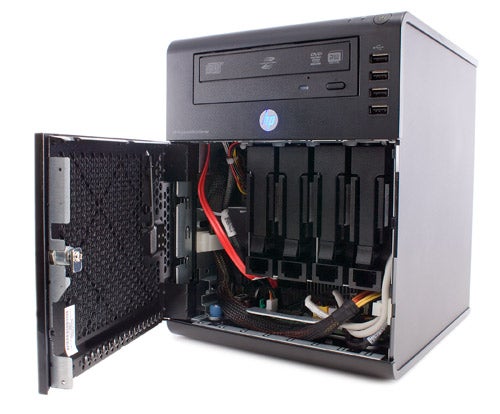
- 4 SATA-2 BAYS (not hot swap) max of 8TB (apparently 12TB)!
- 1 SATA ontop for CDROM/SYSTEM HDD running on DMA33
- ESATA on the BACK
- 4 USB on the FRONT! 2 ON THE BACK
- USB INSIDE
- 8GB MAX DDR3!
- Hardware RAID
- 1 SATA ontop for CDROM/SYSTEM HDD running on DMA33
- ESATA on the BACK
- 4 USB on the FRONT! 2 ON THE BACK
- USB INSIDE
- 8GB MAX DDR3!
- Hardware RAID
I bought mine for £100 (there was an HP deal in effect), but normal price is £200 - still half the price of many other NAS systems. And this one is a full-fledged processor: 1.6Ghz Dual Core AMD (a type that uses low power).
I could not believe my freaking eye balls!
Then what? This is what:
I went over to FreeNAS and installed FreeNAS 7 — I know FreeNAS 8 has been released, but it seems to chew down on memory, although the ZFS driver is more stable and faster on it. The choice is yours.
I installed 4x1TB and used RAID-5 on ZFS (the HP server does have hardware RAID too, but the driver does not work on FreeNAS 7, though it does work on Windows Essentials).
So I now have 3TB of storage with 1 redundant hard drive (RAID-5).
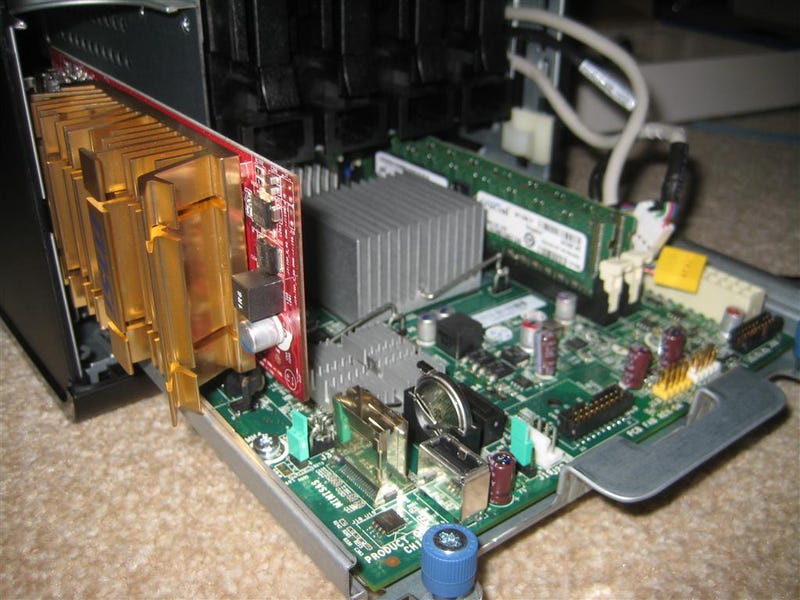
Did I forgot to mention the setup has a full PCI-E slot (low profile)? Here is a sneak peek at the nice USB plug-in directly on the motherboard.
And if that is not enough memory... then how about 19TB?
I got myself so fired up that I started building my own dashboard. Check it out here.
Alternative Answer: Get Physical (Print)
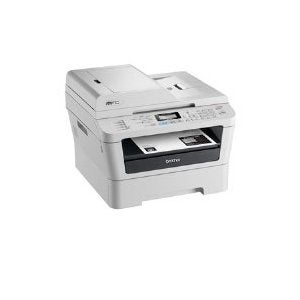
Seriously, consider paper for really critical stuff. Consider that an inexpensive laser printer can print at 1200 DPI, and inexpensive scanners can scan at 2-4 times that resolution. If you scale down to 600x600 resolution for reliability you can put about 2.8MB on a sheet of paper (with substantial margins).
Use high quality acid-free paper and laser (rather than inkjet) printing. The medium is good for 200 years or more if reasonable care is taken in storage.
And extracting the data is so simple that one could write a scanner program from scratch, if somehow the original got lost. So long as there are computers and scanners/digital cameras, the data will be accessible.
Another option? Film. High quality safety film, such as 35mm, microfilm, or microfiche is good for 100 years or so.
Alternative Answer: Do What the Big Guys Do: Use Tape
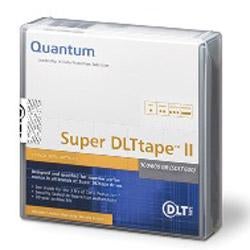
Google uses magnetic tape to back up data. So do many other major corporations. And while tape is stable and has enormous storage capabilities, it can be cost prohibitive for typical consumers and inappropriate for random access storage because of its sequential access nature. (This may explain why it took more than 24 hours to backup 150,000 accidentally emptied Gmail inboxes last year.)
Maybe wait until you're backing up dozens of terabytes before you resort to backing up with magnetic tape.
Title photo by FEMA News Photo.

